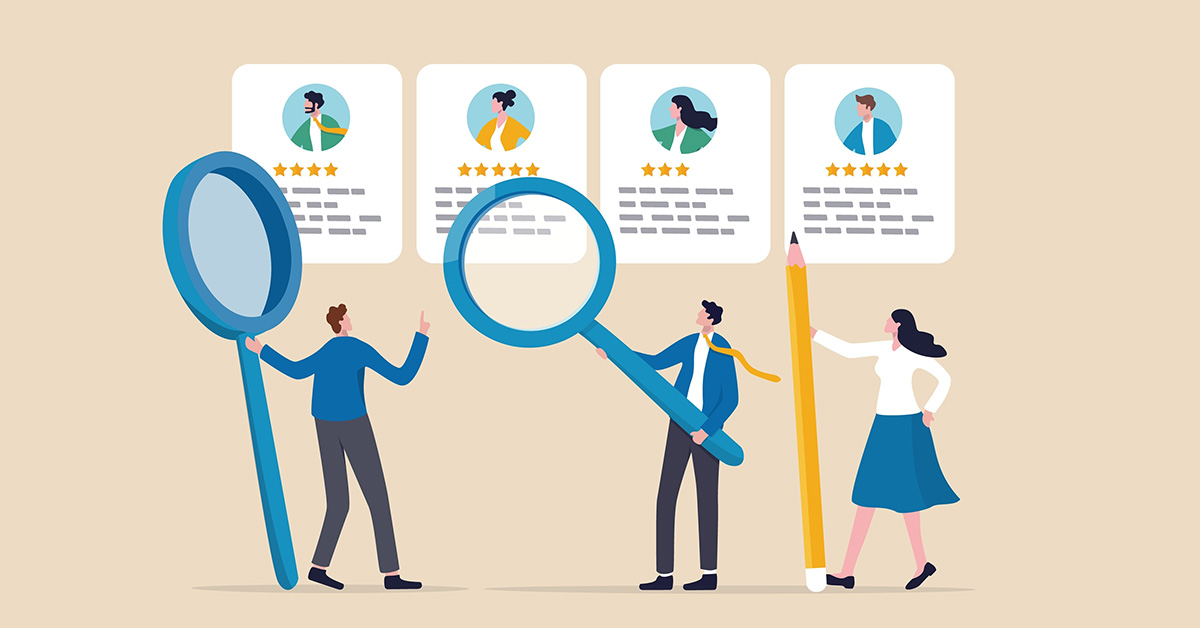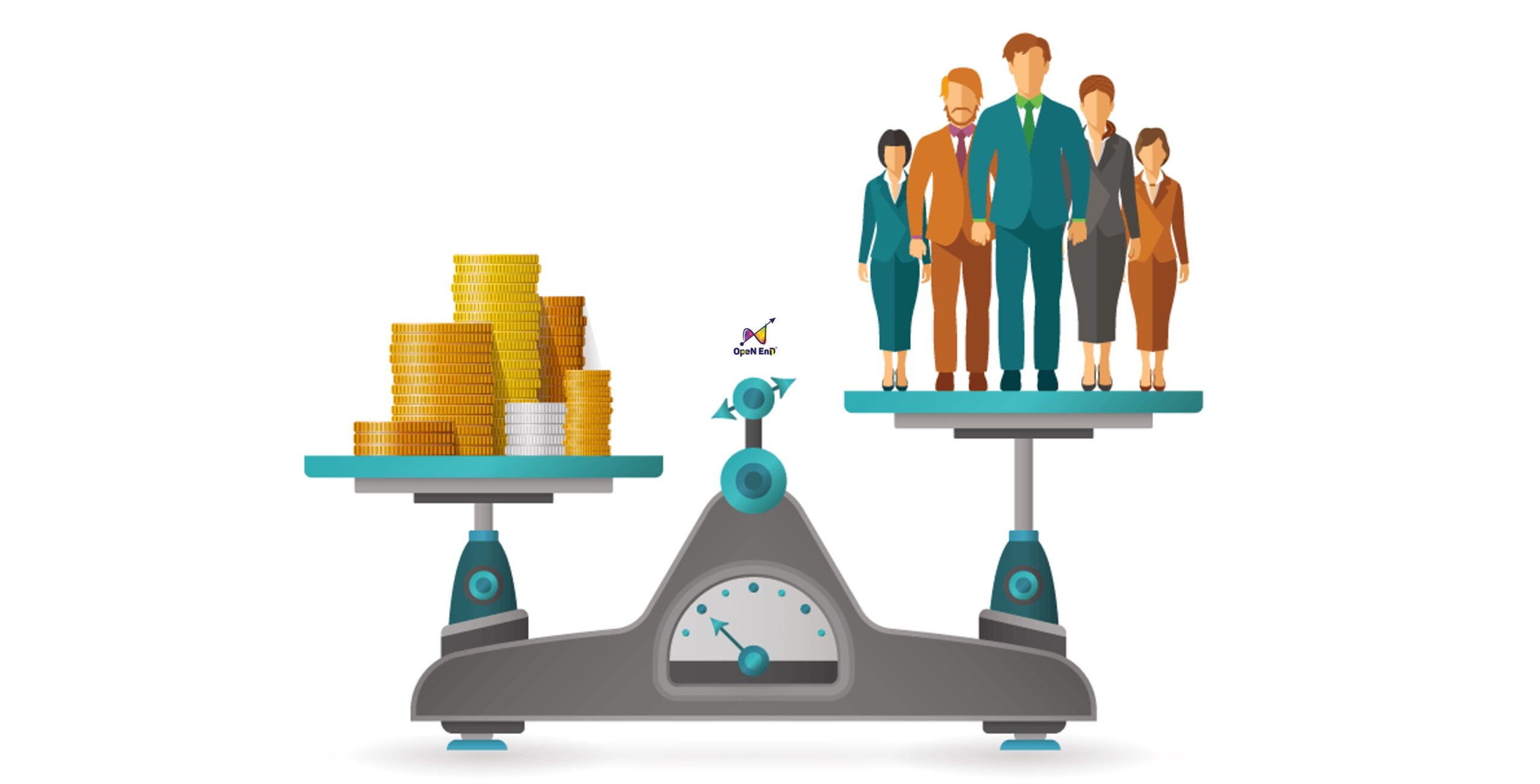1. What is Staffing?
Staffing is a service where a third-party provider supplies personnel to a business for a specific period—either short-term or long-term depending on the need.
The staffing agency is responsible for recruiting, evaluating, and administratively managing the workers.
This is a flexible solution that allows companies to quickly access suitable candidates without going through the traditional recruitment process.

Staffing is commonly used in cases where companies need urgent personnel for a project, to cover for an absent employee, or to test a candidate’s suitability before making a full-time offer.
Additionally, staffing enables businesses to scale up their workforce quickly during peak seasons without affecting headcount.
Thanks to its flexibility and efficiency, this service is increasingly popular among large corporations, startups, and SMEs alike.
2. How Does Staffing Save 70% of Recruitment Time?
2.1 Streamlining the Recruitment Process
One of the biggest advantages of staffing is its ability to significantly shorten the recruitment process.
Instead of posting job ads, screening resumes, scheduling interviews, conducting skill tests, and negotiating salaries, businesses only need to provide job requirements—the staffing agency handles the rest. This saves substantial time and resources for the HR department.
Most staffing agencies already maintain a large "data pool” of candidates with a wide range of skillsets.
Suitable candidates can often be proposed within a few hours to a few days.
As a result, urgent vacancies are filled quickly without delaying project timelines.
2.2 Ready-to-Work Candidates
Unlike traditional hiring, candidates provided through staffing services have already been interviewed, skill-checked, and had their information verified before being introduced to the company.
This reduces the risks of poor quality or long onboarding times.
Companies don't have to worry about retraining or cultural mismatches.
In most cases, the assigned staff can start working within 1–2 days of contract signing.
This is a huge benefit for businesses facing urgent needs.
2.3 Reducing Dependence on Internal HR
Not every business has a strong HR team capable of handling urgent or large-scale hiring needs.
This is especially true for small companies or startups where internal HR resources are limited.
Managing operations while also handling recruitment can be overwhelming for many managers.

Internal HR teams only need to manage the employee’s work—the staffing agency takes care of the selection process.
Staffing solves this issue by acting as an "outsourced HR department.”
Administrative tasks like contracts, payroll, personal income tax, insurance, etc., are also handled by the staffing agency—easing the company’s operational burden.
3. When Should You Use Staffing?
3.1 When You Need to Fill a Role Urgently
Staffing is an ideal choice when a business needs to quickly fill a position but doesn’t have enough time for a full recruitment cycle.
Instead of waiting weeks for the right candidate, staffing agencies can provide someone in just a few days.
3.2 For Short-Term or Seasonal Projects
For projects lasting a few weeks or months, hiring a permanent employee is often impractical due to training and onboarding costs.
Staffing enables businesses to hire the right talent for just the needed duration, with no long-term commitment.
This model is widely used in industries like IT, manufacturing, logistics, finance, and marketing.

Staffing is often used in short-term projects or peak sales seasons.
3.3 To Test Candidates Before Making a Permanent Hire
Some companies use the "staffing to permanent” model—hiring staff through staffing services for a trial period before deciding on full-time employment.
This is a smart way to assess compatibility, work attitude, and real performance before making a long-term commitment.
4. Dual Benefits: Cost Optimization & Enhanced Efficiency
Staffing not only reduces hiring time but also significantly cuts costs.
Instead of investing heavily in job ads, recruitment software, and hiring personnel, everything is included in a clear service fee.

Flexible cost model – businesses only pay for the actual staffing period.
Moreover, staffing helps reduce the risk of a bad hire—one of the most expensive problems for any business.
Thanks to rigorous screening processes and service guarantees from staffing providers, companies don’t need to worry about job-hopping, cultural mismatches, or skill gaps.
5. How to Choose the Right Staffing Partner?
To maximize efficiency, businesses should choose reputable staffing agencies with experience and a rich candidate database.
Priority should be given to agencies that have:
- A transparent and professional selection process
- Clear, verified candidate profiles
- A replacement guarantee if the candidate isn’t suitable
- The ability to supply talent across various fields: from IT and accounting to manufacturing and logistics
It’s also important to clearly define terms related to cost, legal responsibilities, and benefits for all parties involved to avoid issues during cooperation.
Building a long-term relationship with a high-quality staffing partner can be a major advantage over time.
In today’s fast-changing labor market, businesses need flexible, fast, and effective HR solutions.
Staffing is the key to shortening up to 70% of the recruitment process, maintaining growth momentum, and minimizing operational risks.
With this smart collaboration model, companies not only save time and money but also gain better access to skilled, goal-aligned talent. Let HR2B’s professional Staffing service help you shorten hiring time, reduce risks, and boost workforce efficiency today.
Contact HR2B now for tailored Staffing solutions for your business.
 Uniting Talent
with
Opportunity
Uniting Talent
with
Opportunity




Top page